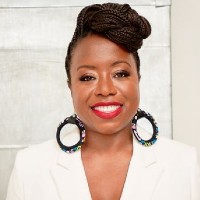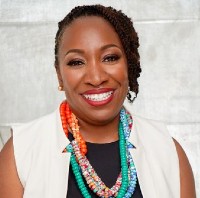
By Herb Frazier | A grassroots coalition of civil rights and education groups are preparing for next week’s third round of hearings in a S.C. House committee on five so-called critical race theory (CRT) bills that would squash the teaching of history if it includes sex, race and slavery.
The hearings in the House Committee on Education and Public Works will resume March 8. Committee chair Rep. Rita Allison, R-Lyman, said Thursday she wanted all of the committee’s 17 members to attend the final of three hearings. “I want everyone to hear the same thing,” she said.
At 11 a.m. March 8 before the hearings continue, the ACLU of South Carolina is scheduled to hold a press conference outside of the Statehouse, said Joshua Malkin, a public interest and government fellow with the organization.
Bills would have broad impact
If the bills become law, they would also ban classroom discussions that ethnicity, religion, color, or national origin is inherently superior or inferior. A CRT bill is also up for debate in the S.C. Senate.
But Malkin added South Carolinians don’t understand the broad scope of the bills and the implications beyond public education.
“A lot of the conversation has focused on the K-12 classrooms,” he said. “But a number of bills also target public and private universities and any entity that receives funding from the General Assembly. Nonprofits and businesses that receive (state) benefits are also implicated. And a few of the bills attack the LGBTQ community in a rather horrific way.”

The ACLU, the NAACP Legal Defense Fund and the Lowcountry Black Parents Association are part of a group forged by the Charleston-based E3 Foundation to educate the public about the bills. Opponents have held online strategy sessions, recruited supporters, and prepped parents and others to testify before lawmakers, said E3 co-founder LaTisha Vaughn.
“Our focus is to ensure that history is taught transparently and truthfully,” she said. “These bills would limit what teachers can say and what is taught in classrooms. In one of the bills, there is a hotline if parents feel history is being taught in the wrong way. That is not something we support.”
E3’s co-founder Audrey K. Starks Lane of Charleston,told lawmakers that she received an incomplete history lesson as a child. She said she was in her 30s when she heard about the Orangeburg Massacre. Three South Carolina State University students were shot and killed by police in 1968 while protesting against a segregated bowling alley.

“There are children who want to know more, and I’m not just talking about Black children,” Lane said, according to The Post and Courier. “They want to know what has happened in this state because it helps them when they’re interacting with each other.”
On Wednesday, the mother of a student testified she was concerned after discovering recently that her child had access to a book about sexuality and gender through a reading app on the school Chromebook. She said the book, “This Book is Gay,” was pornographic. “When you’re talking about inclusivity and tolerance, you run the risk of becoming too tolerant,” she said.
Republican sponsors of the bills have defined their objections under the broad heading of critical race theory, a legal theory to explain systemic racism in American society. It is not a subject taught in South Carolina schools, opponents of the bills argued. But CRT is being used as a catch-all phrase to deride a spectrum of issues dealing with gender, race and sex, they said.
“Parents are concerned about limiting the history that is taught in the classroom and feel it is an assault on black and brown people in particular,” Vaughn said. “Banning books is a key part of a few of the bills, and has been implemented in other states. The books that are listed as potentially being banned are all books which offer a diverse perspective or experience of people of color.”
Herb Frazier is special projects editor at the Charleston City Paper.
- Have a comment? Send to: feedback@statehousereport.com.















 We Can Do Better, South Carolina!
We Can Do Better, South Carolina!